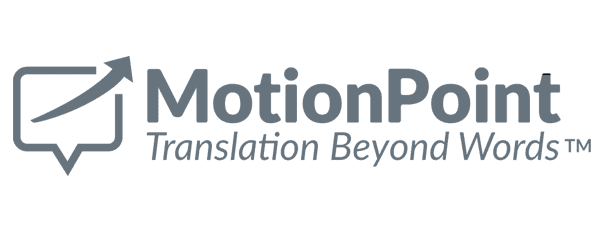




Global customers rightfully expect to be served in their preferred languages, especially online. If you’re trying to woo them with an English-only website, they’ll bounce, fast—assuming they find your site in the first place.
There’s no good reason to not translate your website, and at least three great reasons to do it:
Let’s dive into each.
First and foremost, great translated websites deliver authentic, persuasive customer experiences, a must-have for any brand. But they also serve a functional SEO purpose, too. International search engines—such as international instances of Google and regional engines for China, Russia and others—rank websites higher in organic results when they’re available in locally-preferred languages.
Why? Global customers commonly search the web in their local languages, not in English. English-only sites sink to the bottom of those search results. And while translated websites rank far higher in search results, they often have lots of room to improve.
If you’re looking for a website translation solution, look for ones that leverage international SEO best practices.
A fully translated website that’s optimized for international SEO will rank far higher in organic search. This is especially important in the early stages of entering a new market and building brand awareness.
If you’re looking for a website translation solution, look for ones that leverage international SEO best practices, such as:
Localizing this under-the-hood, SEO-rich content boosts SERP in global markets.
This website attribute ensures your translated site appears in language-relevant search results.
This determines if your English-site visitors prefer another language, and prompts them to visit your translated site instead.
Global customers who can’t read your website won’t convert. That’s why having translated website is so important for your global business.
But you can further improve conversion by leveraging localizations, which use authentic, locally-resonant words and phrases that relate to local customs, culture and buying habits. These “speak like a local” translations build brand credibility and trust, and improve conversions.
Global customers who can’t read your website won’t convert. You must address their needs with a translated website.
These conversions aren’t limited to on-site transactions. Even non-transactional sites reap benefits in the form of product information downloads, completed contact forms and more. These eventually convert into in-store visits, phone calls to sales reps, and other direct leads. World-class website translation vendors offer great localization capabilities.
Given the choice, customers always prefer to buy from a brand that values them. Offering a localized customer experience—one that’s just as powerful, persuasive and authentic as your primary-market flagship website—indicates that you are committed to global markets, and that your intentions aren’t purely opportunistic.
Great vendors deliver translated global sites that are just as powerful and persuasive as your flagship website.
You must be flexible in adapting quickly to the unique expectations of local markets, while maintaining the personality and integrity that identifies your brand. That’s a tricky balance to maintain, especially if you think you’ll manage your website translations in-house.
But terrific vendors can provide artfully crafted, nuanced human translations that keep pace with ever-changing cultural norms and customer preferences.
If you want to succeed in global markets, website translation is the optimal way to get local customers to find your website, stay there, and convert. Further, it establishes your brand as one that cares about your international customers.
Finding a great website translation solution that can help you implement these customer-friendly best practices will supercharge your global expansion efforts—both in the short- and long-term.